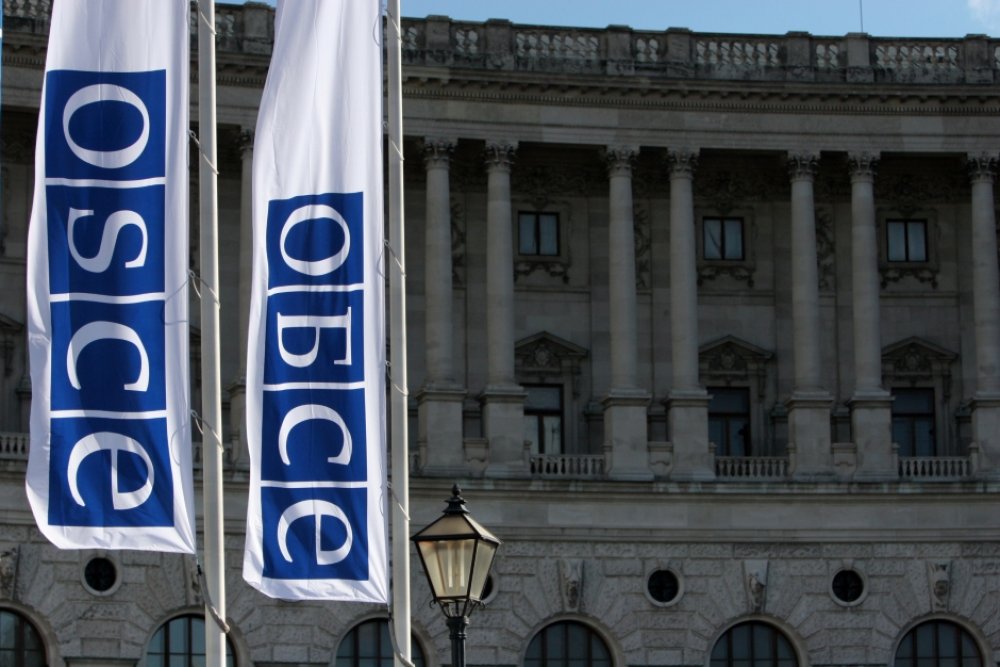Armenian presidential elections expose rift between OSCE ODIHR and OSCE PA
As was widely expected, Armenian President Serzh Sargsyan was re-elected in the 19 February presidential elections. According to the Central Election Commission, Sargsyan of the Republican Party won 58.64% of the vote. His closest challenger, Raffi Hovannisian of the Heritage party and Armenia’s first foreign minister after the 1991 collapse of the Soviet Union, won 36.75% of the vote. Hrant Bagratyan, a former prime minister of Armenia, received only 2.15% of the vote, and Paruyr Hayrikyan, leader of the National Self-determination Union, who was shot in the shoulder on 31 January in Yerevan, won 1.23 % of the vote. Other candidates earned less than 1.5% of the total votes. In fact, major political parties chose not to present presidential candidates.
The international election observation mission stated in its preliminary findings and conclusions that:
“The 18 February presidential election was generally well-administered and was characterized by a respect for fundamental freedoms. […] At the same time, a lack of impartiality of the public administration, misuse of administrative resources, and cases of pressure on voters were of concern. While election day was calm and orderly, it was marked by undue interference in the process, mainly by proxies representing the incumbent, and some serious violations were observed.” The preliminary findings also mention that in some instances ballot box stuffing could be observed as well as the possibility of multiple voting due to the fact that the special ink that was used for stamping voters’ passports could be easily removed. The preliminary findings were presented at a press conference, which was interrupted by protesters who stormed the room and read out a list of violations recorded during the elections. The international observers left the room to grant the protestors freedom of speech and afterwards resumed the press conference.
The preliminary findings and conclusions are the result of a common endeavor of the OSCE ODIHR, the Parliamentary Assembly of the Council of Europe (PACE) and the European Parliament (EP). The OSCE Parliamentary Assembly (PA) was not part of this joint endeavor, following its unilateral withdrawal from the 1997 Cooperation Agreement at the Dublin Ministerial Council in December 2012 (click here for separate blog on this topic). Hence, the OSCE PA released its own statement on the elections and also held a separate press conference, exposing the severe rift between the two institutions. Also, the issuing of separate statements at separate press conferences created confusion among media representatives and should therfore be avoided in the future.
This confusing situation should be rectified as soon as possible, given the fact that a number of sensitive elections are coming up in the OSCE region this year. A professional and constructive relationship should be reestablished between the two institutions. According to an OSCE PA press release of 22 February, “PA President Riccardo Migliori announced on 22 February that a committee of parliamentarians headed by Francois Xavier De Donnea (MP, Belgium) will have the mandate to negotiate on behalf of the Assembly with the OSCE Office for Democratic Institutions and Human Rights regarding improved co-operation in future election observation missions. An OSCE PA ad hoc Committee on Transparency and Reform will meet in April in Copenhagen to discuss the issue. De Donnea held preliminary meetings in Vienna this week with OSCE Secretary General Lamberto Zannier and the OSCE/ODIHR Director Janez Lenarcic.”
Let’s hope that constructive talks will be held and a professional relationship between the two institutions will be reestablished quickly.
To view the International Election Observation Mission Statement of Preliminary Findings and Conclusions, click here.
To view the OSCE Parliamentary Assembly Post-Election Statement, click here.
To read the OSCE PA press release on the establishment of a committee to negotiate election observation cooperation, click here.



Comments
* Your email address will not be published